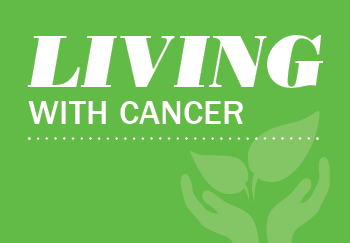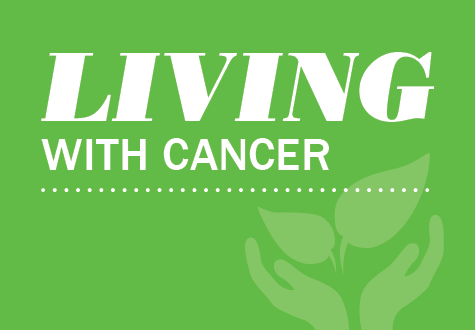
Cancer denial comes in many forms. It can be downplaying the severity of your disease or outright refusing to recognize your diagnosis. If you have loved ones living in denial, it’s difficult for you, but rest assured. It’s often a short-term way of coping with their own shock and fear.
Understanding Denial
Before getting angry and lashing out, recognize that denial is a common, often effective, coping mechanism. It gives the person time to process emotions and accept the implications of your diagnosis. Caregivers, as well as patients, can express denial at different points in the cancer journey. The National Cancer Institute says that most people move past denial by the time treatment begins.
Denial is also common when it comes to a terminal illness. No one likes facing the reality of losing a loved one. With support, you can often work through this painful phase and face treatment together.
Coping with Denial
Your first step is to give them time. Most often, your friend, spouse or even children just need some space and time to process what your disease means for the future. It’s scary for them as well. Experts caution against forcing someone to accept the situation immediately. Rather than forcing them to confront cancer, talk in general terms about some changes to your routine that may be coming up or about specific chores you may need them to take on. If appropriate, have a broad discussion about finances without talking about how much cancer treatment will cost.
Rely on those not in denial. It’s not likely that all of your loved ones will cope in the same way. You also need to talk about your illness and feel supported. At first, lean on those around you who are able to listen and empathize. Seek out a support group or your friends and family members who are willing to listen to the emotional and physical struggles you’re facing.
It’s tough, but empathizing is key. Explain that you understand what a scary time this is and that there will be a lot to deal with coming up. Let them know you understand why it’s hard for them to face your diagnosis, but remind them that you need them beside you as you deal with it. You can offer them some of your coping tactics, such as giving them a new notebook so they can write their thoughts down or put your treatment schedule on the fridge to make it more concrete.
>Find cancer support
Counseling isn’t just for patients. Caregivers and family members can find the help and support they need at your cancer center as well.Learn More
Taking Care of Yourself
Eventually, it gets exhausting to talk in broad terms or around the important issues. Let those in denial know how you feel. Let your loved ones know that talking about your illness helps you. If they aren’t taking your diagnosis seriously enough, be honest and let them know it hurts you when they downplay your symptoms or experience.
If you find you’re not getting the support you need, consider talking to a counselor or visiting a support group. You may also see if you can get your loved ones to visit a counselor if their denial continues. Living in denial, especially if you’re dealing with a terminal diagnosis, can harm both of you by not allowing you to grieve and handle your affairs. Talk with your oncologist who can also suggest resources to help you and your loved ones.
